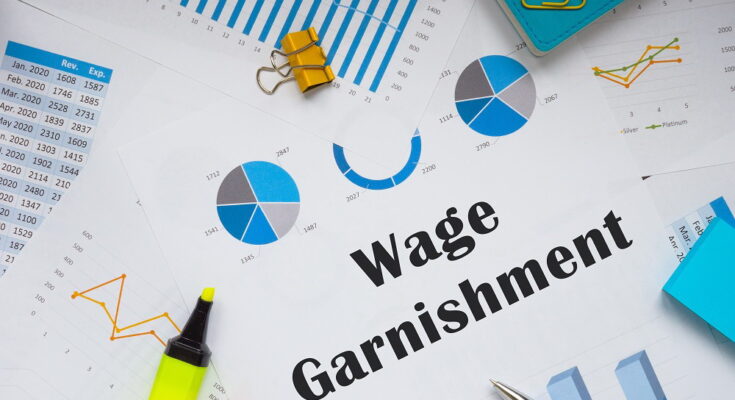Judgment creditors have a variety of means for collecting payment from their debtors. One option is garnishment. Almost all states allow garnishing wages to satisfy outstanding judgments. Some also allow garnishing bank accounts, pension accounts, and so forth.
Unfortunately, garnishments do not always go as planned. There are times when a debtor just doesn’t have enough financial resources to make garnishment worthwhile. There are other times when debtors contest garnishments by filing exemption documents. When that happens, several court hearings could be required to straighten everything out.
How Garnishment Works
Judgment Collectors is a Salt Lake City judgment collections agency that operates in multiple states. They say that garnishment is fairly straightforward in principle. In practice however, it can end up being quite complicated.
When wages are garnished, the creditor or its legal representative serves a garnishment order on the debtor’s employer. The employer is required by law to deduct a certain amount from the debtor’s paychecks and submit that money to the creditor. States tend to limit the amount that can be deducted from any single paycheck.
Garnishment can continue until the debt is paid in full, at which time a release order is served. At that point, the employer no longer has to withhold and submit payments.
When financial accounts are garnished, the administrators of said accounts are required to make withdrawals and send the money to the creditor. Account administrators can be banks, pension fund managers, or any other legal entity authorized to manage a debtor’s financial accounts.
Filing for an Exemption
Debtors can try to avoid garnishment by not providing employment and financial information to creditors. But even when they do furnish that information, they have another tool for avoiding payment: filing for an exemption from garnishment.
As an example, some states only allow garnishment of a certain percentage of a debtor’s disposable income. Disposable income is that income left over after the debtor’s other bills are paid. A debtor could file an exemption stating that his disposable income doesn’t qualify for garnishment because he needs it for something else – like paying off a past tax debt.
There are plenty of legal loopholes attorneys exploit to file garnishment exemptions. Unfortunately, every exemption request initiates a new court proceeding. The debtor must serve the creditor in advance of the scheduled court hearing. The creditor has so many days to respond. Then the two parties appear in court before a judge who will render a decision.
It All Takes Time
Why would a debtor file exemption claims? The obvious answer is to prevent his wages or financial accounts from being garnished. But according to Judgment Collectors, there is another reason: exemption claims take time to resolve. Every new legal filing represents yet another delay in making payment.
Experienced debtors and their attorneys know that judgments are typically enforceable for only 7 to 10 years. Though most states allow unpaid judgments to be renewed, some debtors know that they can avoid paying just by delaying long enough. They know the creditors will eventually give up and walk away.
More Than One Way
You have undoubtedly heard that there is more than one way to skin a cat. Well, there is also more than one way to collect on an outstanding judgment. Garnishments are just one option. Creditors and their collection agencies can also pursue liens, levies, and other options.
Garnishments are suitable when debtors are cooperative and have sufficient financial resources. But garnishments do not always go as planned, and debtors have several means of disrupting garnishment orders. They are known to take advantage of them.




